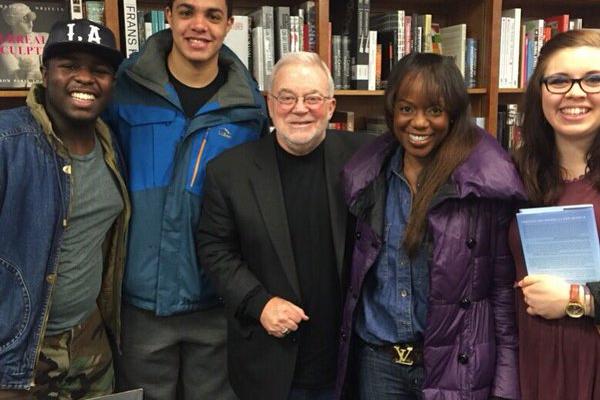When I began writing my latest book, America’s Original Sin: Racism, White Privilege, and the Bridge to a New America, my hope was to help foster that new conversation on race in America — and to point to the action that needs to come from it. Because only when we openly and truthfully speak to the roots of racism and inequality in our country — white supremacy, white privilege, and the dehumanization and devaluation of black lives and bodies — will we able to deal with the modern-day realities of that legacy and solve the obvious problems before us in racialized policing and the blatant racial disparities in our criminal justice, education, and economic systems. So we launched a “town meeting” tour that creates space for the voices of diverse local leaders in each city and allows for the multiracial, truth-telling conversations and actions we so urgently need across this country. I’m happy to say that tour has started, and it has been powerful to see and hear.
Read the Full Article

